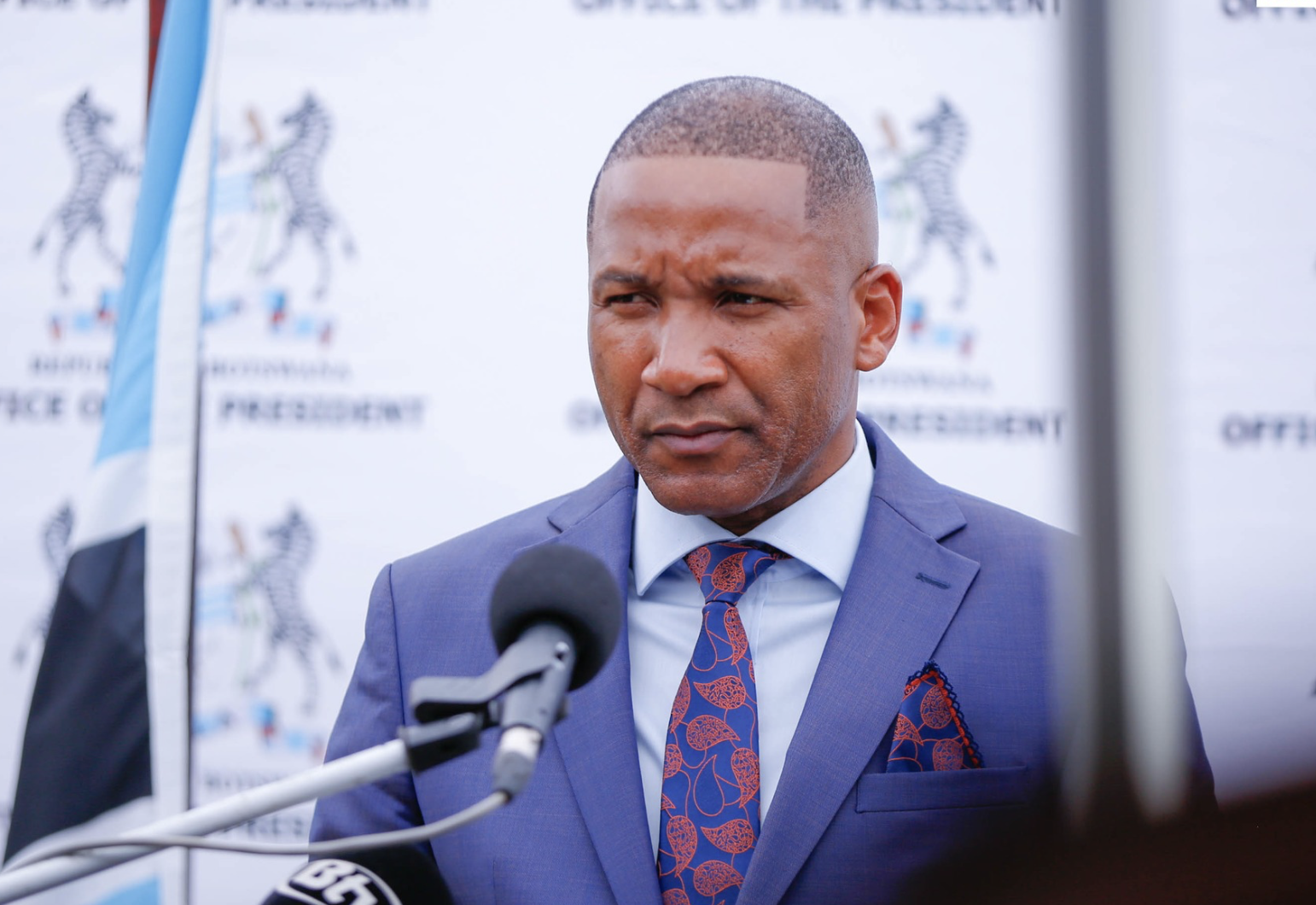In a recent interview with BBC Africa Daily, Botswana’s newly inaugurated President, Duma Boko, discussed plans to grant temporary work and residence permits to undocumented Zimbabweans in Botswana. This decision aims to address the significant influx of Zimbabweans entering the country, often without proper documentation, in search of work amidst economic challenges in their home country.
Boko, who unseated Botswana’s long-standing ruling party, highlighted the value Zimbabwean migrants bring to the country, performing labor that is typically less desirable to citizens. He stated that many Zimbabweans work as farm laborers, domestic workers, and in other positions that would otherwise remain vacant, fulfilling a crucial economic role. Legalizing these workers, he argued, would help reduce resentment toward them and limit criminal activities, ensuring they have access to essential services.
Boko acknowledged that Botswana’s open borders with Zimbabwe contribute to an undocumented migrant issue. As a solution, he proposes a system where Zimbabweans are formally integrated into the economy, allowing Botswana’s workforce to benefit from skills transfer. “In any and every construction site in Botswana, the majority of people with those skills are from Zimbabwe,” Boko said, emphasizing the opportunity to develop local skills in trades like welding and plumbing by learning directly from skilled Zimbabweans.
The President’s stance represents a departure from past policies and addresses widespread unemployment within Botswana. He envisions creating a supportive environment for Botswana’s youth, where they can access resources to start businesses and employ others, bolstered by a reliable diamond revenue base through a renewed deal with De Beers.
While the proposal may face pushback, Boko believes that legalizing Zimbabwean workers will foster skill-building and economic growth for both Botswana’s citizens and migrant communities.










